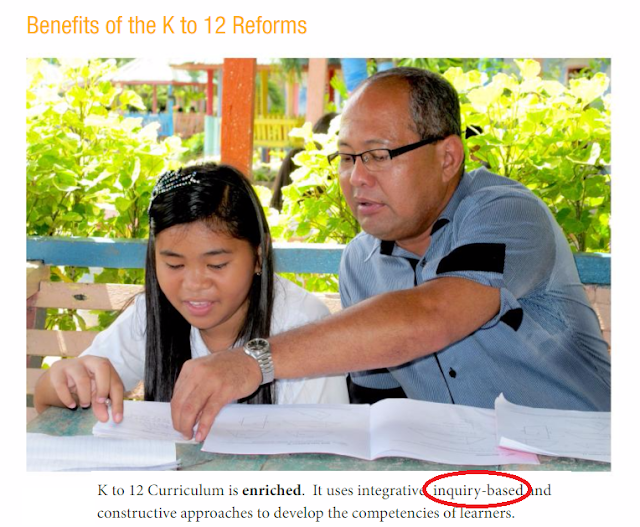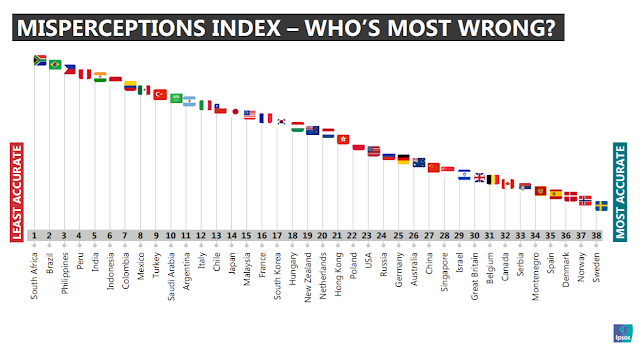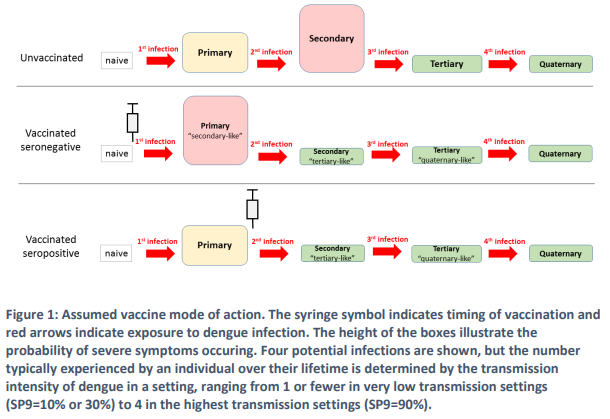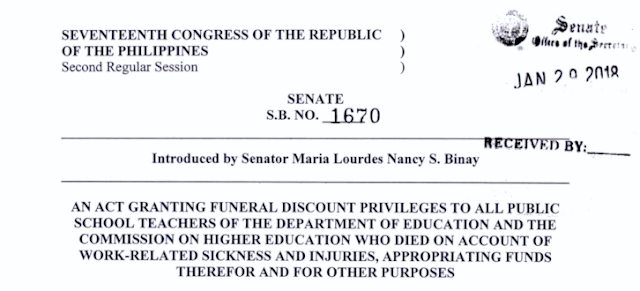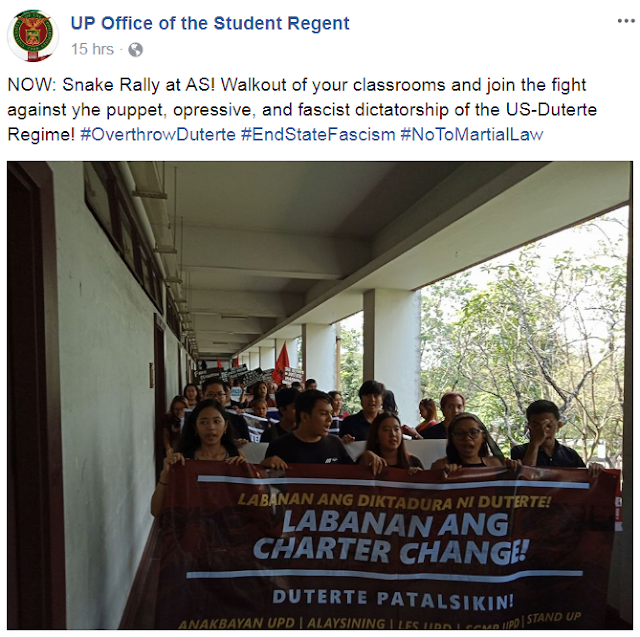It Is Okay To Be Anxious But Not Worried
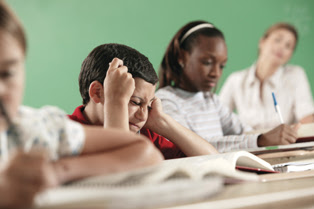
Being anxious before an exam is a factor that can certainly influence a child's performance. Five years ago, I posted on this blog a piece about test anxiety. Test Anxieties: A Barrier to Learning Assessment Back in Chicago, when I was a teaching assistant in General Chemistry, the professor used the word "party" whenever referring to an exam inside the classroom. With every exam, the professor also added humorous cartoons on the first page. The purpose is to somehow relieve test anxiety which significantly impairs a student's academic performance. Taking an exam seriously and preparing for it is good. However, worrying about an exam needlessly with particular emphasis on scores as measures of success or failure is harmful. This is test anxiety. With education reforms, tests serve as measures of learning outcomes. Test scores are sought to gauge whether a given educational reform is working or not. With higher stakes, greater attention is given to scores in th...




